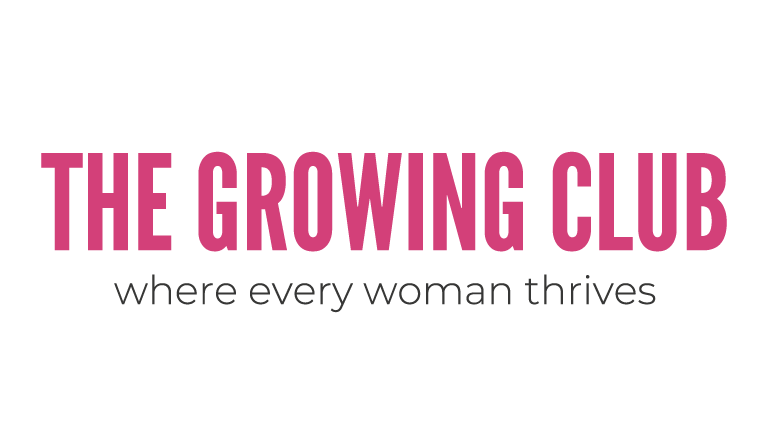Empowering Neurodivergent Women in Employment
Two neurodivergent women founded the Growing Club; creating an inclusive and supportive space for neurodivergent women is something we are devoted to.
We’ve seen that many women have left the workforce to go self-employed – not because they want to, but because they do not feel able to stay in the workplace, either due to inflexible employers or a lack of feeling as though their strengths are being valued in the workplace. Going self-employed is a wonderful choice, but only if it is a choice, not if your hand is forced. We were keen to do some work to see these women’s experiences, to guide employers on retaining their neurodivergent staff, and how they could adopt a strengths-based approach to their workplace.
In February 2023, we received a grant from Rosa’s Voices from the Frontline charity to work on empowering neurodivergent women in the workplace. The aim of this work was to tackle and reduce the systemic barriers that neurodivergent women face. Part of this funded our first conference, which focused on neurodivergent women in the workplace.
Empowering Neurodivergent Women in the Workplace Booklet
As part of a project on neurodiversity in women, Megan Pickles wrote a report co-produced with insights from neurodivergent women in the North West. Through interviews, surveys, and focus groups, information was collated that highlights what has worked well and what hasn’t worked in the workplace.
It provides employers with tools to make their workplaces more inclusive and offers tips for neurodivergent women, letting them know what kind of help is available and what has worked for others. You can access the report by following this link:
Neuro Nurture
The work funded by Rosa catalysed our further work with neurodivergent women. During the conference on neurodivergent women in the workplace, we were approached by many women who were saying this was the first time they had been able to see their neurodiversity as anything but a burden. As a result, we piloted our Neuro Nurture course, which has been specifically designed to build self-advocacy skills and increase employment skills for neurodivergent women.
After the success of our pilot course, we were awarded some funding by the Community Foundation for Lancashire’s Women’s Fund. This will be funding two more Neuro Nurture courses. If this is something which interests you, please get in touch with our office team to find out more.
Why It Matters
Neurodivergent women have valuable and unique perspectives, talents, and strengths that they can bring to the workplace. Unfortunately, they often face significant obstacles in finding fitting employment due to societal misconceptions and a lack of adequate, and tailored support. Additionally, since neurodivergent women are less likely to be diagnosed in childhood, they may have lower levels of self-belief and confidence, which can be limiting. This could be in part due to the ongoing messages of personal failure that can come with being undiagnosed, and the belief that the expressions of neurodiversity such as challenges with organisation or communication styles are personal failings, rather than something that deserves support and understanding.














Neurodiversity in Women Podcast
Ep.1: Introduction
Short bio – Megan and Jane share personal experiences and anecdotes about being neurodivergent women. This is the first episode in a series that will aim to highlight the unique strengths and talents of neurodivergent individuals and their experiences in the workplace. They discuss the need for a paradigm shift in recognizing and harnessing these skills to drive innovation, productivity, and inclusivity in today’s dynamic professional landscape.
Ep.2: The Stories We Tell Ourselves
Storyteller Jacqueline Harris joins Megan as they talk about Jacqueline’s experience of being diagnosed with ADHD at 60. They touch on reframing past experiences, how ADHD impacts work styles and productivity, and how the stories we tell ourselves can impact how we view our neurodivergence.
Ep.3: Transforming ways of working
Lol and Meg discuss tricks that have helped them increase their productivity despite having very little focus. They also touch on how everybody has a superpower, neurodivergent or not, but frequently, people are put in roles that do not feed this passion.

